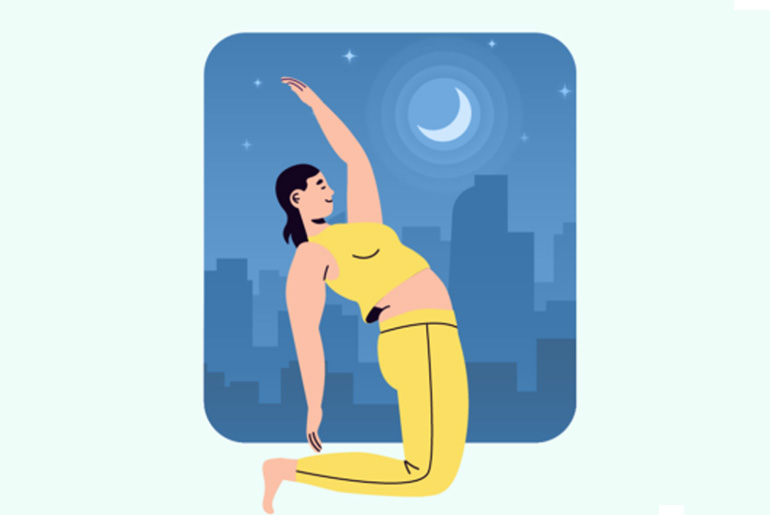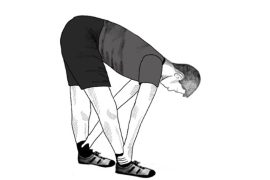Exercising before bedtime is a topic that often sparks debate among fitness enthusiasts. While some prefer to work out in the evening due to busy schedules or increased energy levels later in the day, others worry about its potential impact on sleep quality. Exercising at night can indeed affect our sleep schedule, as late workouts raises core body temperature and stimulates the release of adrenaline and endorphins, which can make it harder to fall asleep immediately after a workout.
Elaborating further, our circadian rhythm, which regulates our sleep-wake cycles, typically works in reverse. There’s a natural drop in temperature during the night hours as part of this rhythm, signaling to our bodies that it’s time to sleep. Exercising before bedtime can disrupt this process and interfere with our ability to wind down and fall asleep.
To mitigate the potential negative effects of Late Workouts on sleep, it’s essential to avoid heavy meals right before exercising, as they can cause discomfort during physical activity. Instead, opt for lighter, well-balanced meals and allow some time for digestion before hitting the gym or engaging in any strenuous activity before bedtime. Additionally, incorporating relaxation techniques such as stretching or yoga post-workout can help calm the body and mind, promoting better sleep quality. Ultimately, it’s important to listen to your body and find the exercise timing that works best for your individual needs and preferences.
Late Workouts can indeed have some potential benefits:
- Body Temperature Regulation: Exercise raises body temperature, and afterward, the body naturally begins to cool down. This cooling effect can help facilitate sleep since it mirrors the body’s natural temperature dip that occurs during the early stages of sleep. This can potentially make it easier to fall asleep and improve sleep quality.
- Reduce Stress and Anxiety: Physical activity triggers the release of endorphins, which are neurotransmitters that can help lighten mood and reduce feelings of stress and anxiety. Exercising before bed may help alleviate any tension or worries from the day, making it easier to relax and unwind before sleep.
- Improved Sleep Cycle: Some studies suggest that late-night exercise may positively impact sleep architecture, which refers to the different stages and patterns of sleep throughout the night. Engaging in physical activity before bed may help promote a more balanced sleep structure, potentially leading to better overall sleep quality and duration.
Late Workouts can also have some potential drawbacks:
- Elevated Heart Rate: Intense exercise, especially close to bedtime, can elevate heart rate and adrenaline levels. This physiological response may make it difficult for some individuals to relax and unwind, hindering their ability to fall asleep promptly after working out.
- Sleep Disruption: Engaging in vigorous exercise shortly before bedtime can disrupt the transition into the deeper stages of sleep. While exercise is known to improve sleep quality overall, exercising too close to bedtime may lead to difficulties in falling asleep or result in fragmented sleep patterns, ultimately lowering overall sleep quality.
- Individual Variability: The impact of late-night exercise on sleep can vary significantly from person to person. While some individuals may find that exercising before bed energizes them or helps them unwind, others may experience overstimulation, making it harder for them to relax and fall asleep.
Indeed, the best time to hit the gym can vary based on individual schedules, preferences, and physiological factors. Late afternoon to early evening may be optimal for performance, as muscle function and body temperature tend to peak during this time. However, morning workouts offer benefits such as boosting energy levels and metabolism throughout the day.
In summary, while exercising before bedtime is acceptable, fitness enthusiasts should proceed with caution. It’s essential to consider personal factors and listen to your body’s cues when determining the ideal workout timing. Ultimately, consistency and finding a routine that works for you are key to achieving fitness goals while maintaining overall well-being.
Disclaimer:
The information contained in this article is for educational and informational purposes only and is not intended as a health advice. We would ask you to consult a qualified professional or medical expert to gain additional knowledge before you choose to consume any product or perform any exercise.







